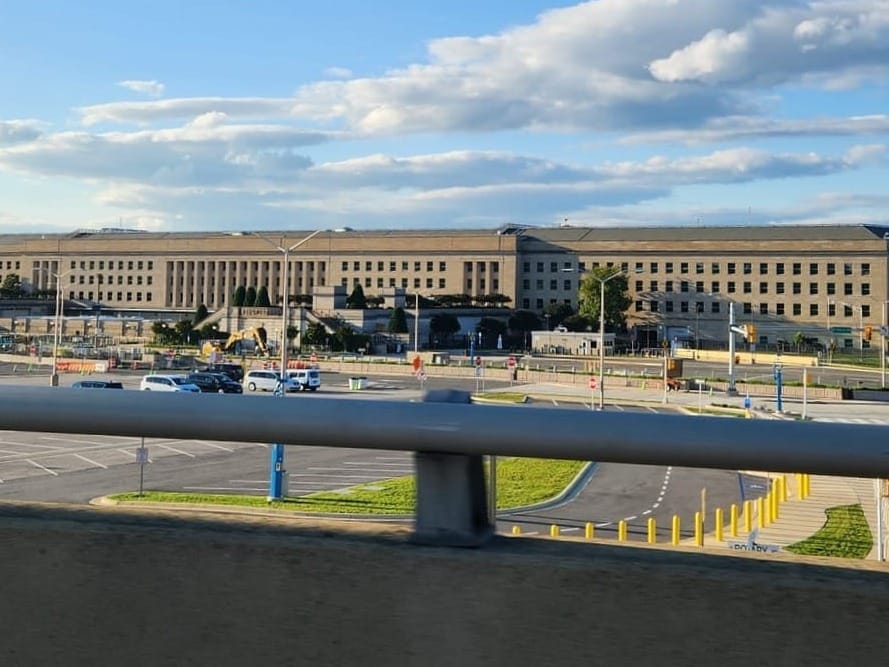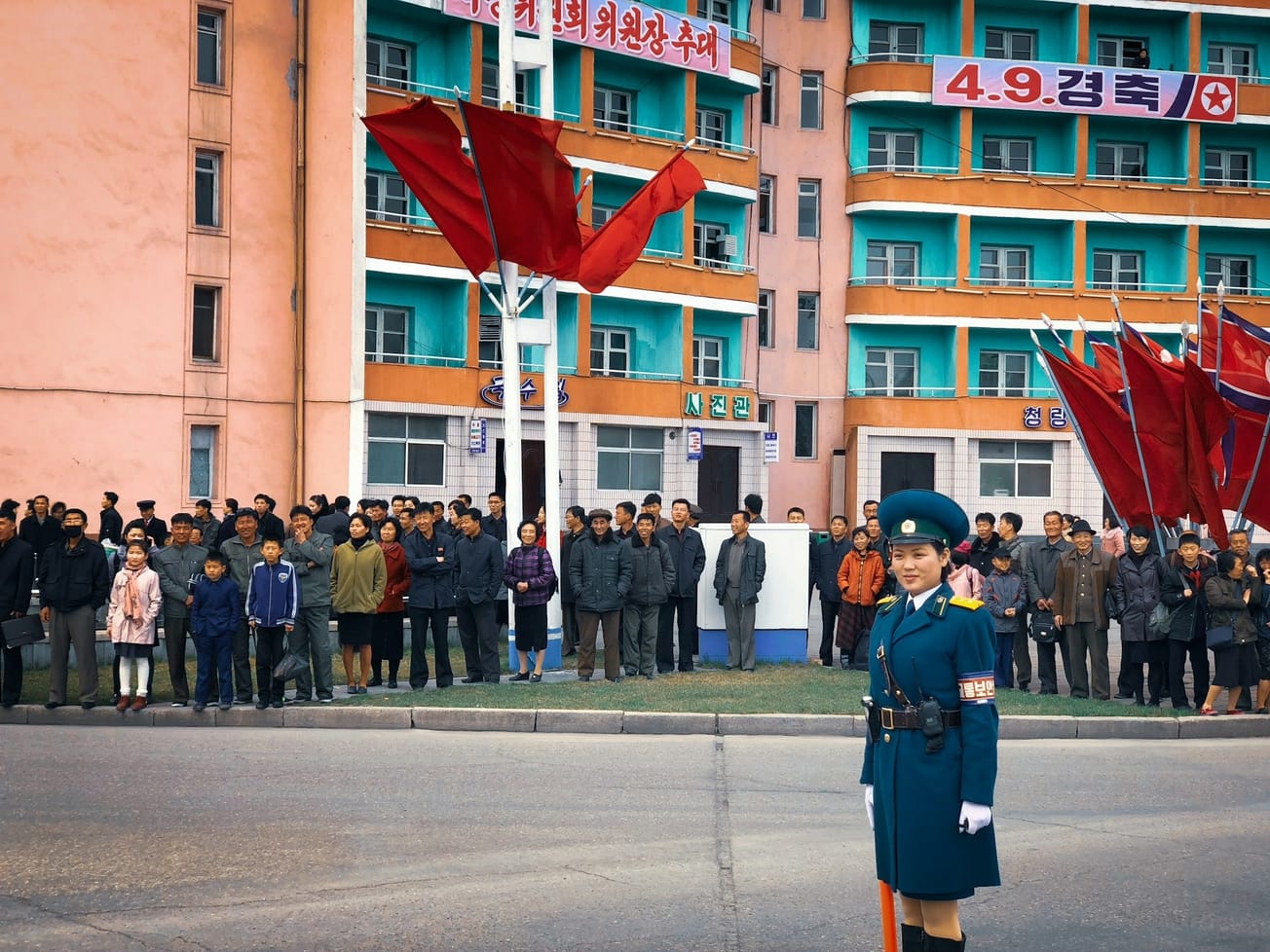As the war escalates in Gaza – with Iran launching ballistic missiles against Israel – the Israeli military's use of explosive weapons has vastly multiplied the ranks of children with permanent disabilities, a new report finds.
Before the war began in October 2023 with Hamas-led attacks on Israel, some 98,000 children in Gaza aged two to 17 had a disability. Since then, Human Rights Watch reported, there have been "thousands of children in Gaza who have acquired a disability from injuries caused by explosive weapons." Save the Children estimates 10 children a day lose one or more limbs from the airstrikes – nearly 4,000 in a year of war.









